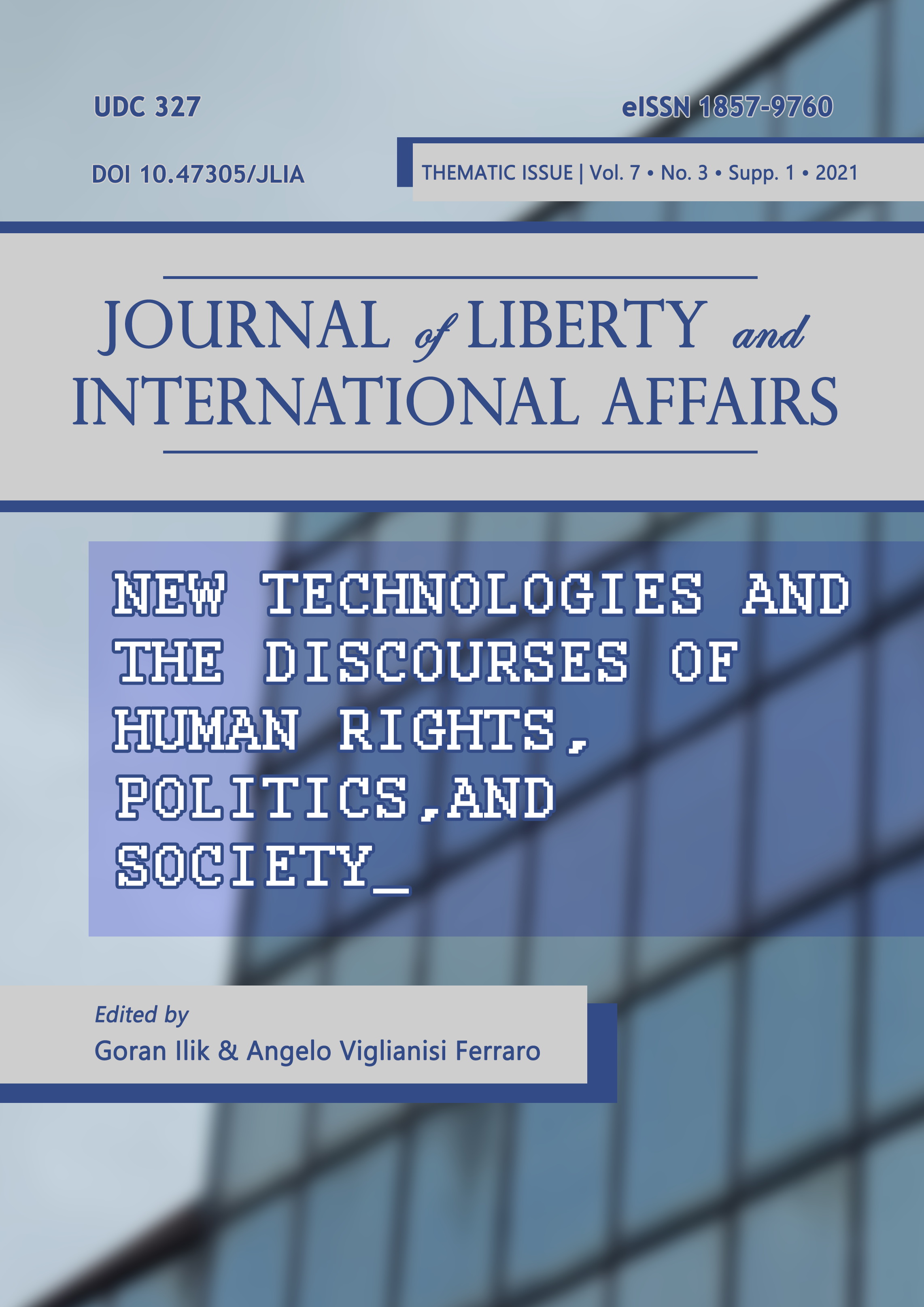ALGORITHMS AND FUNDAMENTAL RIGHTS: THE CASE OF AUTOMATED ONLINE FILTERS
ALGORITHMS AND FUNDAMENTAL RIGHTS: THE CASE OF AUTOMATED ONLINE FILTERS
Author(s): Matija DamjanSubject(s): Law, Constitution, Jurisprudence, History of Law, Constitutional Law, International Law, Human Rights and Humanitarian Law, EU-Legislation, Court case
Published by: Institute for Research and European Studies - Bitola
Keywords: Algorithms; Content Recognition; Upload Filters; Censorship; Human Rights; Intermediary Liability; AI
Summary/Abstract: The information that we see on the internet is increasingly tailored by automated ranking and filtering algorithms used by online platforms, which significantly interfere with the exercise of fundamental rights online, particularly the freedom of expression and information. The EU’s regulation of the internet prohibits general monitoring obligations. The paper first analyses the CJEU’s case law which has long resisted attempts to require internet intermediaries to use automated software filters to remove infringing user uploads. This is followed by an analysis of article 17 of the Directive on Copyright in the Digital Single Market, which effectively requires online platforms to use automated filtering to ensure the unavailability of unauthorized copyrighted content. The Commission’s guidance and the AG’s opinion in the annulment action are discussed. The conclusion is that the regulation of the filtering algorithms themselves will be necessary to prevent private censorship and protect fundamental rights online.
Journal: Journal of Liberty and International Affairs
- Issue Year: 7/2021
- Issue No: Supp. 1
- Page Range: 36-47
- Page Count: 12
- Language: English

